Perek Shira – Chapter 4 (Part I): The Rooster Says More Than Cock-a-Doodle-Doo
תַּרְנְגוֹל אוֹמֵר בְּשָׁעָה שֶׁבָּא הַקָּדוֹשׁ בָּרוּךְ הוּא אֵצֶל הַצַּדִּיקִים בְּגַן עֵדֶן זוֹלְפִים כֹּל אִילָנֵי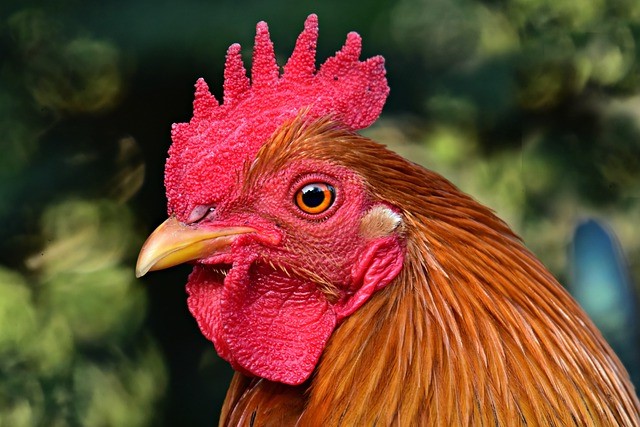
The rooster says, “When the Holy One Blessed Be He comes to the righteous in the Garden of Eden, all the trees in the Garden of Eden scatter their spices, they rejoice and they praise, then He, also, is stirred and praises.” (Zohar, Parshas Vayakhel)
HaSulam, a commentary on the Zohar by Rabbi Yehuda Ashlag (d. 1954), explains that the “trees” in the Garden of Eden are in fact the souls of the righteous.
בְּקוֹל רִאשׁוֹן אוֹמֵר זֶה דּוֹר דֹּרְשָׁו מְבַקְשֵׁי פָנֶיךָ יַעֲקֹב סֶלָה שְׂאוּ שְׁעָרִים רָאשֵׁיכֶם וְהִנָּשְׂאוּ פִּתְחֵי עוֹלָם וְיָבוֹא מֶלֶךְ הַכָּבוֹד מִי זֶה מֶלֶךְ הַכָּבוֹד יי עִזּוּז וְגִבּוֹר יי גִּבּוֹר מִלְחָמָה
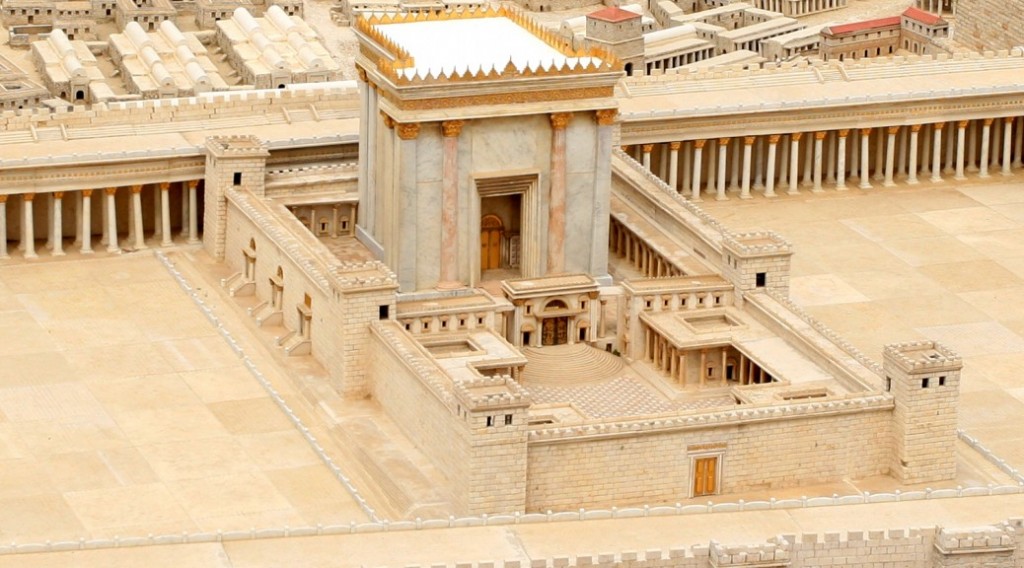
The ibn Ezra says that this is an allusion to the generation that built the Temple after David’s death and then returned to God’s presence; this is the generation that seeks Him. (He also explains that “selah” here means “in truth.”)
בְּקוֹל שֵׁנִי אוֹמֵר שְׂאוּ שְׁעָרִים רָאשֵׁיכֶם וּשְׂאוּ פִּתְחֵי עוֹלָם וְיָבֹא מֶלֶךְ הַכָּבוֹד מִי הוּא זֶה מֶלֶךְ הַכָּבוֹד יי צְבָאוֹת הוּא מֶלֶךְ הַכָּבוֹד סֶלָה
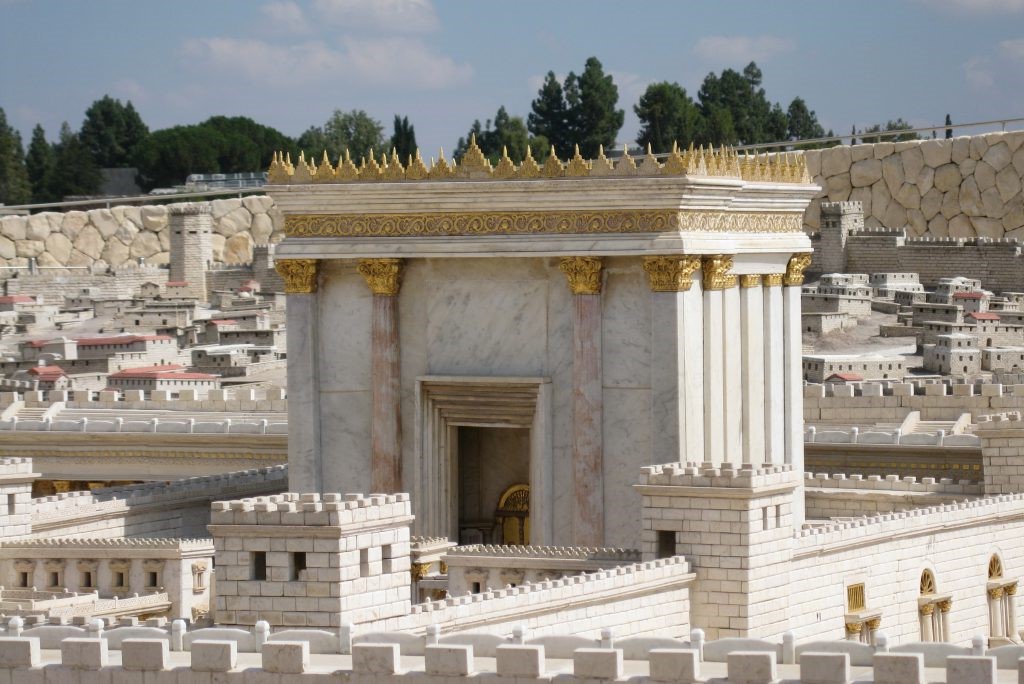
The Metzudas Dovid explains the duplication of verses. The earlier verses refer to the first Temple, as we have said. Our verses here refer to the future third Temple. The second Temple is not represented because the Shechina (God’s “Presence”) did not rest there.
בְּקוֹל שְׁלִישִׁי אוֹמֵר עִמְדוּ צַדִּיקִים וְעִסְקוֹ בַּתּוֹרָה כְּדֵי שֶׁיִּהְיֶה שְׂכַרְכֶם כָּפוּל לָעוֹלָם הַבָּא
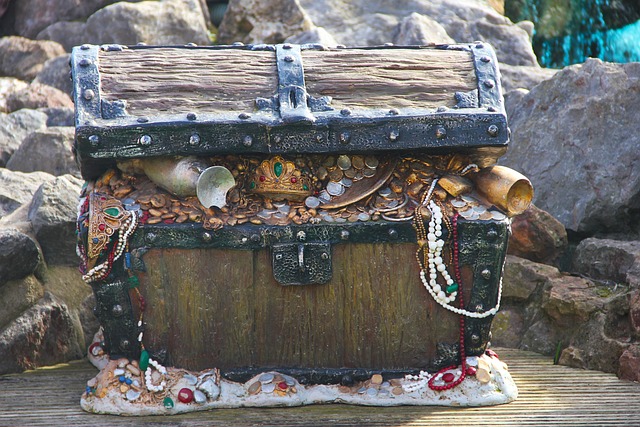
The Ramban (Shaar HaG’mul 33) says that some people simply occupy themselves with Torah and mitzvos. Such people have only merits and do not warrant any Divine punishment whatsoever.
בְּקוֹל רְבִיעִי אוֹמֵר לִישׁוּעָתְךָ קִוִּיתִי יי
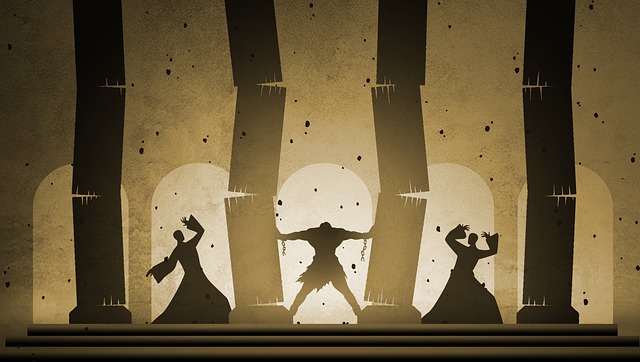
This is part of Yaakov’s blessing to the Tribe of Dan, which immediately prior foretold the coming of Samson. The Daas Z’keinim explains that when Yaakov spoke his prophecy regarding Samson, he felt the need to make it explicit that Israel’s salvation would be brought about not by a warrior but by God Himself.
בְּקוֹל חֲמִישִׁי אוֹמֵר עַד מָתַי עָצֵל תִּשְׁכָּב מָתַי תָּקוּם מִשְּׁנָתֶךָ

Orchos Tzaddikim explains that a lazy person has a weak character and he makes excuses to avoid studying Torah. No matter how easy we might make it for him, he’ll always find an excuse.
בְּקוֹל שִׁישִּׁי אוֹמֵר אַל תֶּאֱהַב שֵׁנָה פֶּן תִּוָּרֵשׁ פְּקַח עֵינֶיךָ שְׂבַע לָחֶם

The Malbim, in his Biur HaMilos (Explanation of the Words), demonstrates that פקח, the word for opening in this verse, refers not to the eyes we use for seeing, but rather to the “eyes” of one’s mind.
בְּקוֹל שְׁבִיעִי אוֹמֵר עֵת לַעֲשׂוֹת לַיי הֵפֵרוּ תּוֹרָתֶךָ

The Talmud in Gittin (60a) explains that writing down the Oral Law used to be prohibited; this rendered it in danger of being lost. The Sages overturned that law because sometimes one has to “nullify the Torah” for the sake of Hashem. (Please note that individuals do not have to authority to make such calls; this is a power limited to our Torah leaders in the most pressing of circumstances.)
תַּרְנְגֹלֶת אוֹמֶרֶת נֹתֵן לֶחֶם לְכָל בָּשָׂר כִּי לְעוֹלָם חַסְדּוֹ
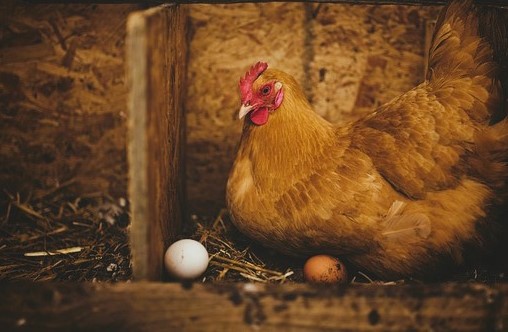
The Chofetz Chaim says, in Shmiras HaLashon (Shaar HaTorah 5:14), that sometimes people don’t want their daughters to marry Torah scholars from fear of poverty. He counters, based on this verse, that such thinking is incorrect. If God feeds all His creatures, would he let students of Torah starve? (Certainly not!)
יוֹנָה אוֹמֶרֶת כְּסוּס עָגוּר כֵּן אֲצַפְצֵף אֶהְגֶּה כַּיּוֹנָה דַּלּוּ עֵינַי לַמָּרוֹם אֲדֹנָי עָשְׁקָה לִּי עָרְבֵנִי
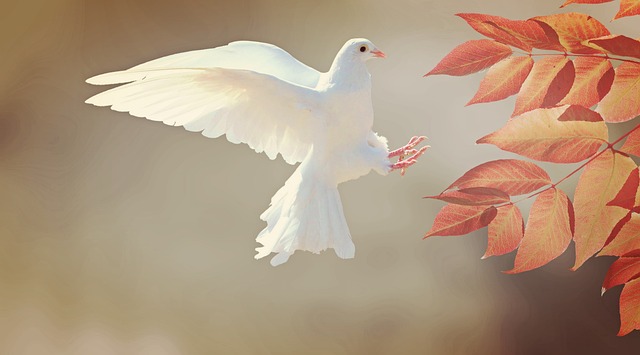
Midrash Tehillim (119:30) explains the final clause of this verse. What does it mean to have God as one’s guarantor? “That I will not descend to Gehinnom. If You can’t pledge Yourself to me, who can?”
אוֹמֶרֶת יוֹנָה לִפְנֵי הַקָּדוֹשׁ בָּרוּךְ הוּא רִבּוֹנוֹ שֶׁל עוֹלַם יִהְיוּ מְזוֹנוֹתַי מְרוֹרִים כְּזַיִת בְּיָדְךָ וְאַל יִהְיוּ מְתוּקִים כִּדְבַשׁ עַל יְדֵי בָּשָׂר וָדָם

In II Samuel 24:14 – which we recite as part of Tachanun – David expresses a similar thought: “Let us fall into the hand of Hashem because His mercies are great, and let me not fall into the hand of man.” Good or bad, we’d rather it come from Hashem!
נֶשֶׁר אוֹמֵר וְאַתָּה יי אֱלֹהִים צְבָאוֹת אֱלֹהֵי יִשְׂרָאֵל הָקִיצָה לִפְקֹד כָּל הַגּוֹיִם אַל תָּחֹן כָּל בֹּגְדֵי אָוֶן סֶלָה
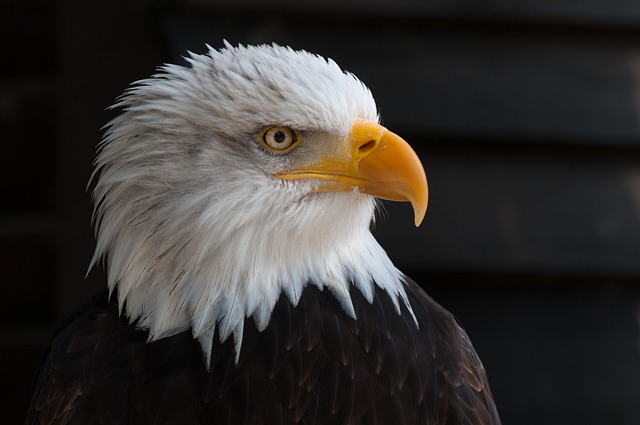
Midrash Tehillim on this verse explains that God makes Himself appear to be “sleeping” in this world, which is why Israel has not yet been redeemed. In the future, however, in the end times, God will “wake” Himself to judge the nations. David prays that, at that time, He not show favor to the villainous.
עָגוּר אוֹמֵר הוֹדוּ לַיי בְּכִנּוֹר בְּנֵבֶל עָשׂוֹר זַמְּרוּ לוֹ

Rashi understands נבל עשור not to mean a ten-stringed harp per se, but rather that we should praise Hashem with ten different types of melodies!
צִפּוֹר אוֹמֵר גַּם צִפּוֹר מָצְאָה בַיִת וּדְרוֹר קֵן לָהּ אֲשֶׁר שָׁתָה אֶפְרֹחֶיהָ אֶת מִזְבְּחוֹתֶיךָ יי צְבָאוֹת מַלְכִּי וֵאלֹהָי
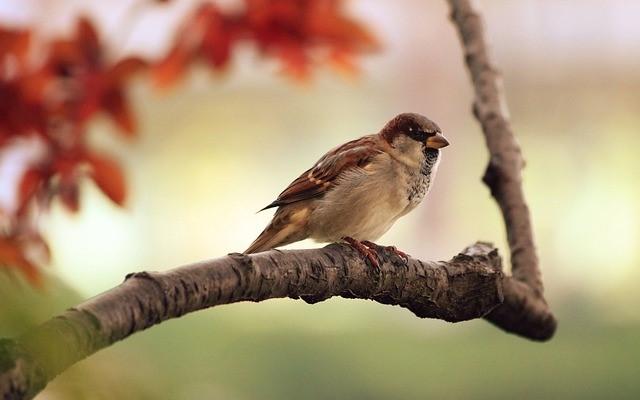
Why are birds roosting on God’s altar? Rav Yonason Eibeschutz explains in Yaaros Dvash (I 9:7) that all birds aspire to be pigeons and doves – the only species of bird that are fit to offer as sacrifices to Hashem.
